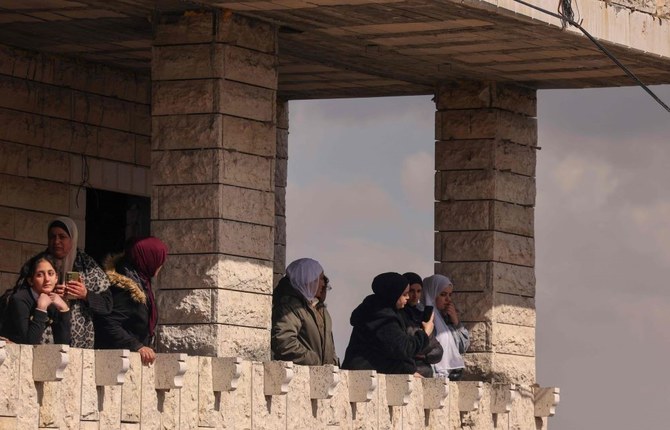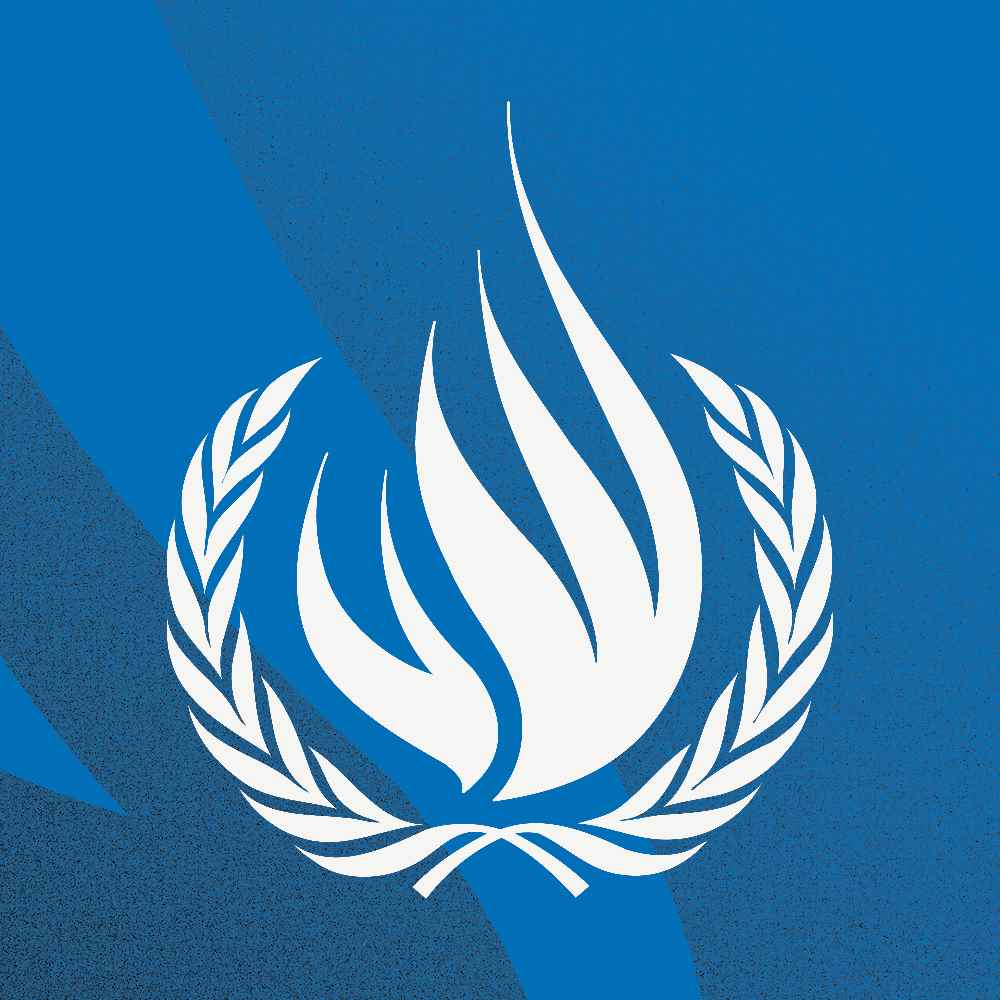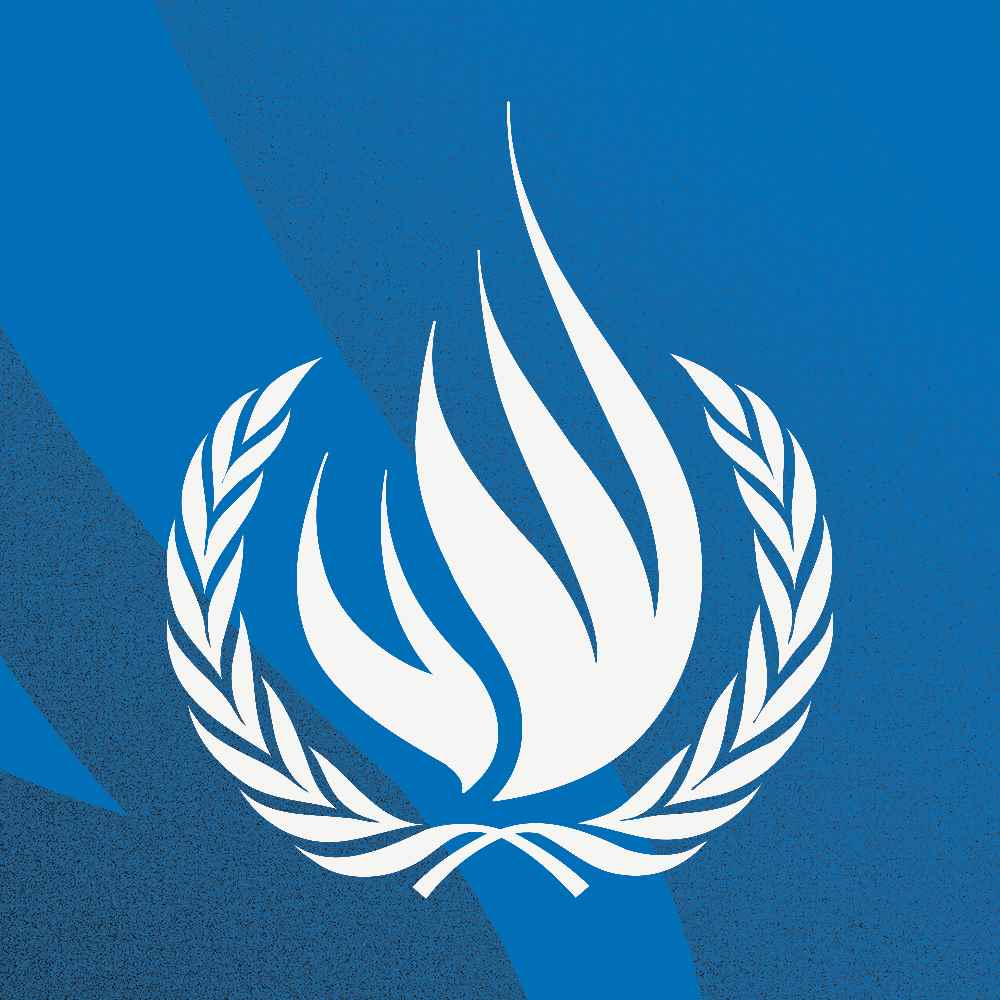
GENEVA (14 December 2023) – UN experts* today called for a permanent ceasefire in Gaza to protect the rights and futures of women and girls in the occupied Palestinian territory and Israel.
“We are profoundly concerned with the situation of women and girls in the occupied Palestinian territory and Israel. The tragic consequences of this conflict will be disproportionately borne by women and girls for generations,” the experts said. They called for the cessation of forced displacement in Gaza and immediate humanitarian intervention to protect women and girls in the besieged enclave.
Since 7 October 2023, Israel’s intense bombardment on Gaza has reportedly killed nearly 12,000 women and children. 2,784 women have become widows and new heads of households. Israel’s bombing of critical water and sanitation facilities and interference with power supplies has also nearly destroyed access to these essential services. In total, 1.1 million women and girls are in dire need of humanitarian assistance, including food, shelter, water, and sanitation.
“Pregnant women, along with young children, older persons and persons with disabilities, are at higher risk of communicable diseases, malnutrition and death, all of which become increasingly likely as Gaza’s civilian infrastructure collapses,” the experts warned.
The short- and long-term prospects for women of all ages and girls in Gaza were dire, the experts said. “The disruption of schooling, collapse of the healthcare system, massive destruction of housing, overcrowded shelters, and the general breakdown of physical and social structures and the rule of law, will impact the well-being and future prospects of girls in all aspects of their lives, especially those orphaned or separated/displaced due to the conflict,” they said. “Palestinian girls are seeing their future – already fragile after 56 years of Israeli military occupation – destroyed in front of their eyes.”
“Further prolonged displacement or forcible transfer of Palestinians would gravely exacerbate these harms,” they said. “Israel’s bombardment has reportedly displaced 951,490 women and girls from their homes. Israel has a clear legal responsibility to ensure that its use of force does not cause the mass displacement of civilians. We call on the State of Israel to fulfill these basic obligations.”
The experts also expressed concern about women and girls in the West Bank, including east Jerusalem, who have faced heightened discrimination, harassment, sexual assault, and attacks by Israeli authorities and settlers since 7 October. “Women and girls continue to face draconian restrictions on family unification and freedom of movement. Moreover, they are at the constant risk of settler violence and arbitrary arrest and detention by Israeli occupation forces, which has kept them confined to their homes and deprived of their livelihoods,” they said.
“We urge Israel, as the occupying power, to fulfill its duty to prevent and protect women and girls, including women human rights defenders, from arbitrary detention, discrimination and violence and to ensure access to justice and accountability for those responsible,” the experts said. The experts also expressed serious concern over the hostage-taking of Israeli women and girls by Hamas, in acts tantamount to enforced disappearance. “We call on Hamas and other armed groups to ensure the immediate, unconditional, safe and secure release of all hostages,” they said.
Denouncing the use of sexual violence as a weapon of war in all circumstances, the experts expressed alarm at increasing allegations of sexual violence perpetrated by Hamas and other armed groups against women and girls in Israel on 7 October, as well as sexual assault and threats of sexual violence against women in the occupied Palestinian territory since then. “These reports must be investigated, and those responsible must be held accountable through an independent process,” they said.
“However, no international crime justifies the perpetration of another,” the experts warned. “We urge Israel to immediately cease its bombardment of Gaza and its mass displacement of Palestinians. Impartial processes to ensure justice, support and full reparations to all victims and accountability for the crimes perpetrated should be guaranteed,” they said.
See full statement by the experts here.
*The experts: Dorothy Estrada Tanck (Chair), Claudia Flores, Ivana Krstić, Haina Lu, and Laura Nyirinkindi, Working group on discrimination against women and girls; Francesca Albanese, Special Rapporteur on the situation of human rights in the Palestinian territories occupied since 1967; Reem Alsalem, Special Rapporteur on violence against women and girls, its causes and consequences; Cecilia Bailliet, Independent Expert on human rights and international solidarity; Siobhán Mullally, Special Rapporteur on trafficking in persons, especially women and children; Balakrishnan Rajagopal, Special Rapporteur on the right to adequate housing; Michael Fakhri, Special Rapporteur on the right to food; Carlos Salazar Couto (Chair-Rapporteur), Sorcha MacLeod, Jovana Jezdimirovic Ranito, Chris M. A. Kwaja, Ravindran Daniel, Working Group on the use of mercenaries; Alexandra Xanthaki, Special Rapporteur in the field of cultural rights; Pedro Arrojo-Agudo, Special Rapporteur on the human rights to safe drinking water and sanitation; Paula Gaviria Betancur, Special Rapporteur on the human rights of internally displaced persons; Claudia Mahler, Independent Expert on the enjoyment of all human rights by older persons; Margaret Satterthwaite, Special Rapporteur on the Independence of Judges and Lawyers; Heba Hagrass Special Rapporteur on the rights of persons with disabilities, Aua Baldé (Chair-Rapporteur), Gabriella Citroni (Vice-Chair), Angkhana Neelapaijit, Grażyna Baranowska, Ana Lorena Delgadillo Pérez, Working Group on enforced or involuntary disappearances; Priya Gopalan (Chair-Rapporteur), Matthew Gillett (Vice-Chair on Communications), Miriam Estrada-Castillo, and Mumba Malila, Working Group on arbitrary detention; Farida Shaheed, Special Rapporteur on the right to education.
The Special Rapporteurs, Independent Experts and Working Groups are part of what is known as the Special Procedures of the Human Rights Council. Special Procedures, the largest body of independent experts in the UN human rights system, is the general name of the Council’s independent fact-finding and monitoring mechanisms. Special Procedures mandate-holders are independent human rights experts appointed by the Human Rights Council to address either specific country situations or thematic issues in all parts of the world. Special Procedures experts work on a voluntary basis; they are not UN staff and do not receive a salary for their work. They are independent of any government or organisation and serve in their individual capacity.
For additional information and media requests, please contact: ohchr-dl-wgdawprofessionalteam@un.org.
For media enquiries regarding other UN independent experts, please contact Dharisha Indraguptha (dharisha.indraguptha@un.org)
Follow news related to the UN"s independent human rights experts on Twitter: @UN_SPExperts
Situation in the Occupied Palestinian Territory and Israel
See all Media coverage of the situation











